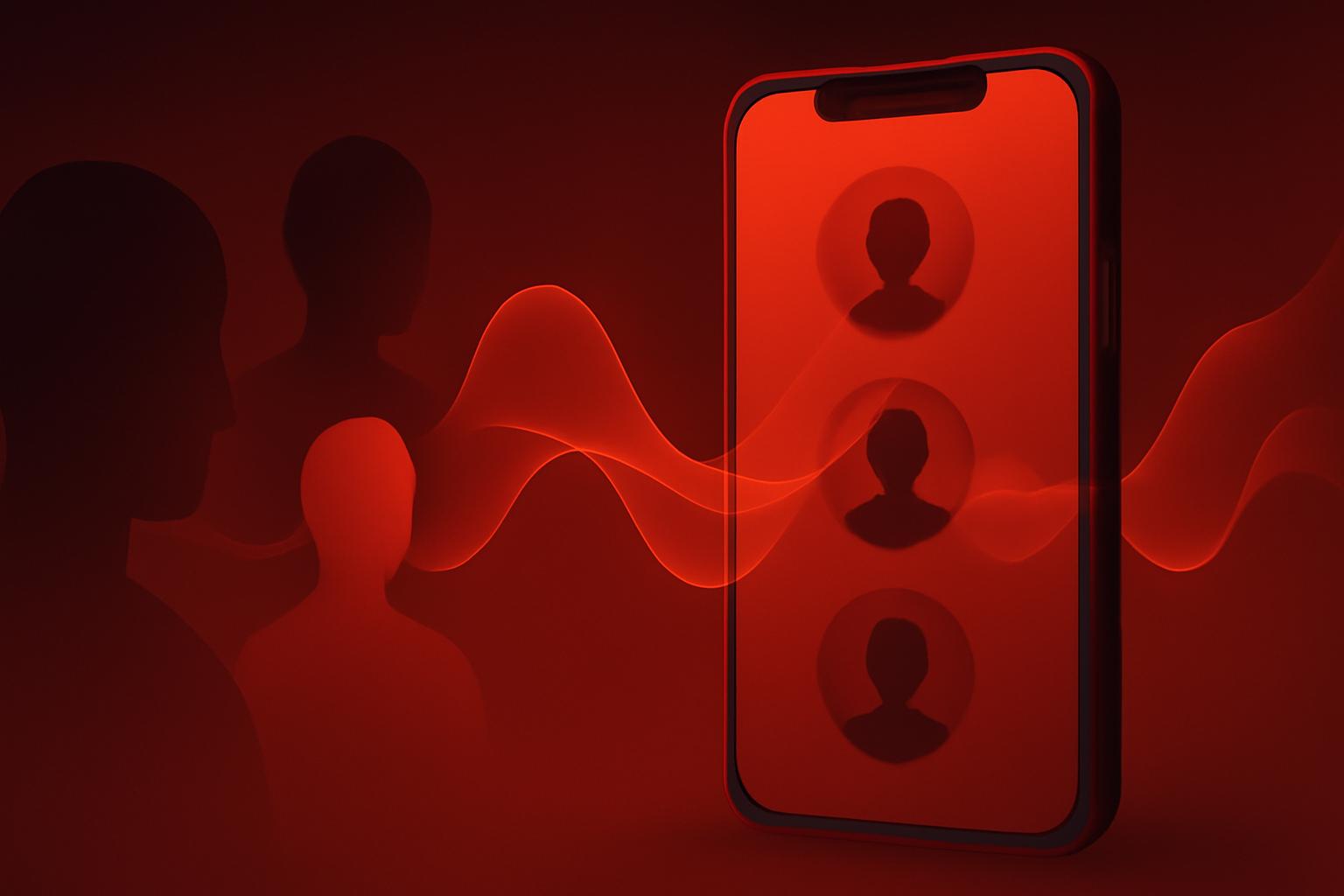Neon Mobile: A New Player Monetizing Phone Call Recordings
Neon Mobile, an emerging social networking app, has rapidly ascended the ranks to become the No. 2 free app in Apple’s U.S. App Store Social Networking category. The app incentivizes users to record their phone calls by offering monetary compensation, with the goal of selling this audio data to artificial intelligence (AI) companies. According to Neon’s website, users can earn 30 cents per minute when calling other Neon users, with a cap of $30 per day for calls to any other numbers. The app also includes a referral program to further encourage user growth. Data from app analytics firm Appfigures showed Neon jumped from No. 476 to No. 10 in the social networking category within days, reaching its current No. 2 position on September 24, 2025.Data Collection and Usage: Terms and Practices
Neon’s terms of service grant the company broad rights to capture inbound and outbound phone calls made through the app. While the marketing materials claim that only the user’s side of the call is recorded unless both parties use Neon, the terms reveal a much wider license for use of these recordings.Neon holds a worldwide, exclusive, irrevocable, and royalty-free license to sell, use, reproduce, modify, and distribute users’ call recordings in any media now known or developed in the future.
Contents
Legal and Privacy Implications
Legal experts highlight the complexity of Neon’s approach to call recording. Jennifer Daniels, a privacy attorney at Blank Rome, explains that recording only one side of a call may be designed to circumvent wiretap laws requiring consent from all parties. Peter Jackson, a cybersecurity attorney at Greenberg Glusker, suggests Neon might record entire calls but redact the other party’s audio in transcripts, potentially skirting legal restrictions. Despite claims that personally identifiable information like names, emails, and phone numbers are removed before data sale, experts warn about the risks of voice data misuse, including identity fraud and synthetic voice creation.“Once your voice is over there, it can be used for fraud,” says Jackson. “Recordings of your voice could enable impersonation and other malicious activities.”
Neon does not disclose the identities of its AI partners or the scope of data use, which raises concerns about user data security and potential breaches.User Experience and Transparency
A brief test by TechCrunch revealed that Neon does not notify users or call recipients that calls are being recorded. The app functions similarly to standard voice-over-IP services, displaying normal caller ID information without alerting parties to recording. The app’s founder, Alex Kiam, operates Neon from a New York apartment. Despite raising venture capital from Upfront Ventures, the startup has not publicly addressed inquiries regarding its data practices.Broader Context: AI and User Privacy
Neon’s emergence reflects a growing trend where users increasingly trade privacy for financial rewards or convenience in the AI era. Previously, data collection through apps was more covert and often scandalous, as seen in past controversies involving Facebook and analytics firms. The normalization of AI tools in daily life, including always-on devices and AI meeting assistants, has desensitized many users to privacy risks. However, experts warn that sharing recorded conversations can inadvertently compromise not only the user’s privacy but also that of third parties involved.“Productivity tools may come at the expense of your privacy and that of those you interact with,” notes Jackson, emphasizing the wider societal implications.
FinOracleAI — Market View
Neon Mobile’s rapid rise highlights both an opportunity and a risk within the evolving intersection of AI, data monetization, and consumer privacy. While the app’s business model capitalizes on growing demand for voice data to train AI systems, it simultaneously exposes users to significant privacy and security vulnerabilities.- Opportunities: Monetization of user-generated voice data; growth in AI training data demand; innovative user engagement through financial incentives.
- Risks: Legal challenges related to call recording laws; potential misuse of voice data for fraud and impersonation; erosion of user trust due to opaque data practices; possible regulatory scrutiny on privacy grounds.













